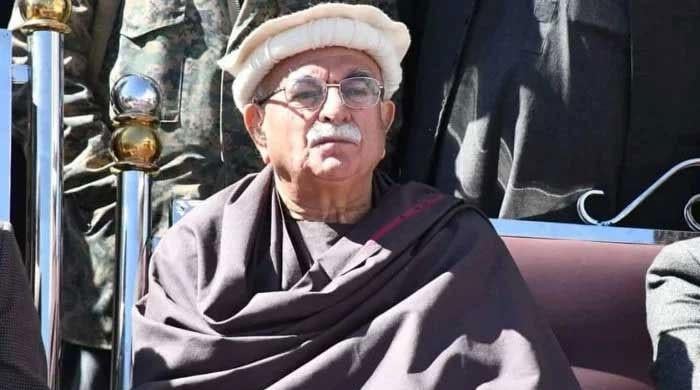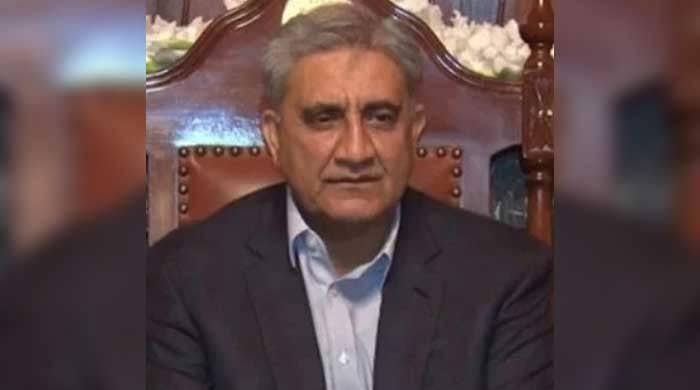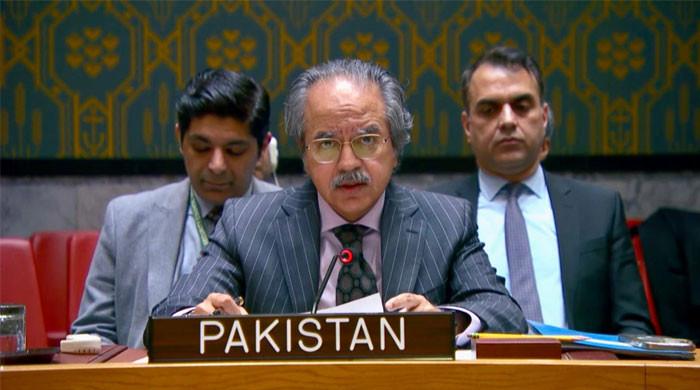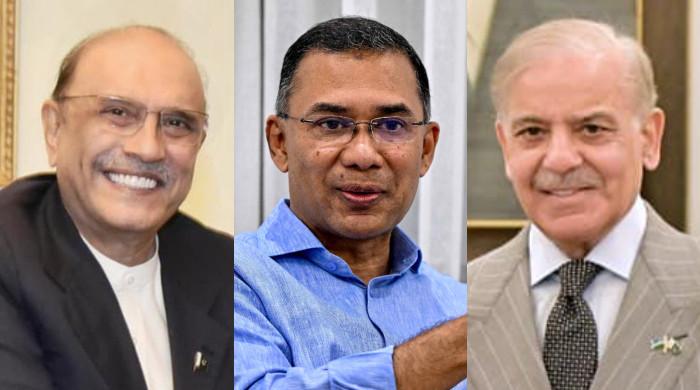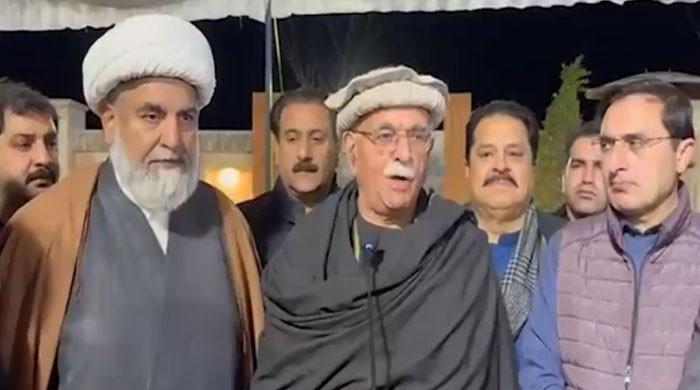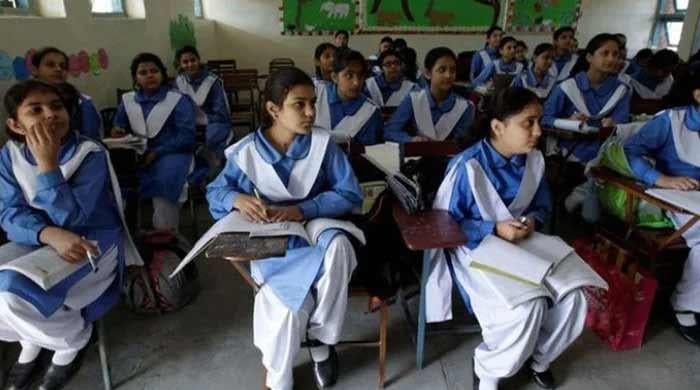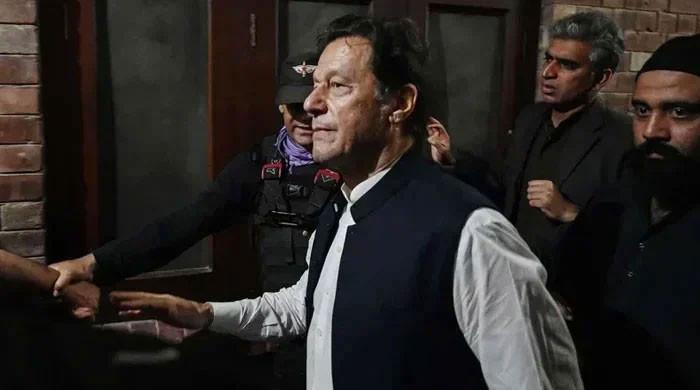Explainer: How is interim chief minister appointed?
Election Commission is bound to conduct elections within 90 days after the dissolution of Punjab Assembly
January 13, 2023
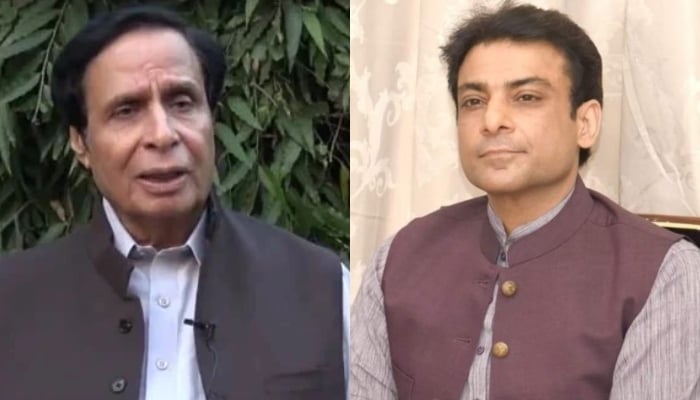
Once the provincial assembly is dissolved, the Punjab government will require a caretaker setup, irrespective of whether or not Governor Baligh Ur Rehman approves the summary undersigned by Chief Minister Parvez Elahi.
CM Elahi's advice for the dissolution of the Punjab Assembly is now pending with Governor Rehman.
However, the assembly will stand dissolved in the next 48 hours as per the Constitution even if the governor does not approve it.
One may assume that CM Elahi will have to leave his post at once after the dissolution of the assembly — or hold it till the elections like other countries — but this is not the case.
Contrary to the practice in other countries, the Constitution of Pakistan stipulates that a caretaker government will have to be sworn in till a new government is elected by the people.
Article 224 of the Constitution explains the process of appointment of a caretaker government at the centre and provinces.
Since the polls are being held in Punjab, we shall consider only officials at the provincial level in the caretaker government.
Until the formation of a caretaker government, Elahi will continue his duties as the CM albeit for a few days.
It is only incumbent Punjab Assembly Speaker Sibtain Khan, out of all elected representatives, who will hold his position until the newly-elected lawmakers take an oath and elect his replacement.
For the formation of a caretaker government, CM Elahi will write to the leader of the opposition in the Punjab Assembly, Hamza Shahbaz, within 48 hours of the dissolution of the assembly, seeking three names for the caretaker chief minister and will suggest three names himself.
If an impasse, between the two leaders, lasts for three days, then the speaker will form a committee comprising six members of the outgoing assembly with equal representation from the treasury and the opposition.
To the committee, the CM and the leader of the opposition will forward two nominees each.
The committee then will have three days to evolve consensus on one name. If that fails as well then the names of the nominees will be referred to the Election Commission of Pakistan for a final decision within two days.
The selected nominee will perform his/her duties as the interim CM until the formation of a new government in the province. The interim CM also has the power to induct his own cabinet.
Following the placement of a caretaker chief minister, the Election Commission of Pakistan (ECP) is bound to carry out general elections in the province within 90 days.
The electoral body can hold polls within 22 to 45 days because constitutionally it requires at least 22 days to scrutinise the nomination papers of the candidates.
The candidates will be given 29 to 30 days to run the election campaign. Considering such a timeline, it is possible that the ECP may conduct the polls between March 1-April 10.




